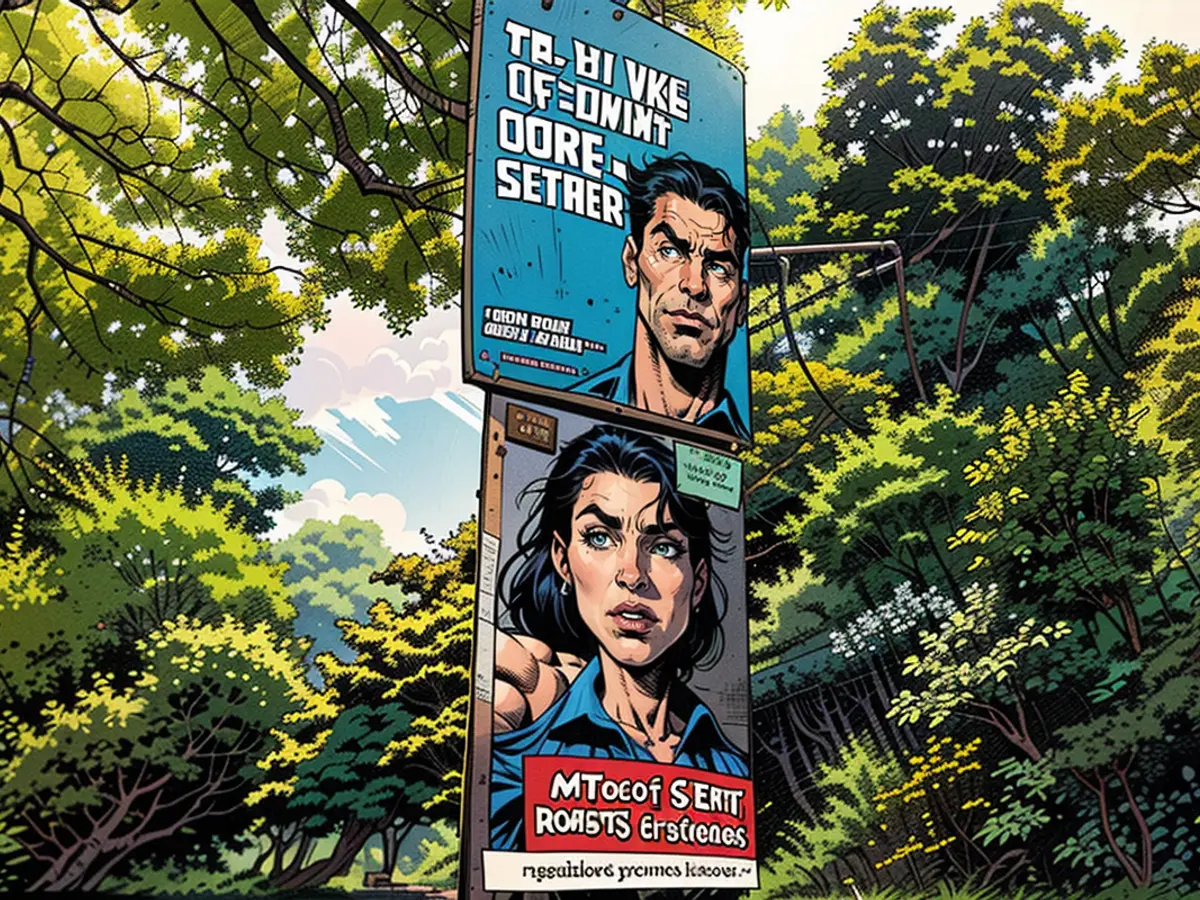Opposition to the EU's anti-corruption alliances
The Union party is unwilling to collaborate with the Alternative for Germany (AfD) and The Left Party, but there might be local collaborations with the Left Party's state branch (BSW) in the near future. However, some leading figures in the Union party are concerned that the Christian Democratic Union (CDU) is hastily moving towards danger by potentially engaging in partnerships with the BSW.
As reported by "Tagesspiegel", around 40 party members, including some prominent figures, have joined an initiative advocating for a ban on working with the BSW. These individuals include foreign policy expert Roderich Kiesewetter, Dennis Radtke, who is set to head the CDU labor wing, and CDU federal board member Monica Wüllner.
Radtke expressed his concerns to "Tagesspiegel", stating, "The CDU is heading towards a precipice if we let Sahra Wagenknecht utilize us. Both AfD and BSW aim to annihilate the CDU as the last bastion of political center."
Kiesewetter, also the deputy chairman of the parliamentary intelligence services committee, added, "The BSW serves as an extension of the Kremlin. Its objective is to weaken the democratic center, including the Union as a people's party, and undermine our core values."
Currently, the CDU's ban on cooperation applies to the AfD and The Left Party. The upcoming CDU federal party conference, where this could potentially be extended to the BSW, is scheduled for June next year. Until then, the aforementioned 40 CDU representatives are urging the party leadership to actively oppose collaborations with the BSW, as per "Tagesspiegel".
Criticism regarding the management of the Greens
Established less than a year ago, the BSW managed to secure double-digit results in both Saxony and Thuringia. Initially, Union Party leader Friedrich Merz had rejected any cooperation with the BSW, led by former Left Party politician Sahra Wagenknecht. This decision faced fierce opposition in the states. Consequently, the party leadership shifted its stance, asserting that there was a lack of clarity about the BSW's precise program.
In response to this, Radtke stated to "Tagesspiegel", "Everyone knows what the BSW stands for ideologically - it's against fundamental Christian democratic principles such as commitment to the West, liberal democracy, and European unity. The term 'black box' can only suggest hidden financial backers. Additionally, I criticize the party leadership's handling of the Greens. They should not be considered our main adversary despite their questionable policies. Who can still comprehend our desire to forge alliances with Stalinists, but reject collaborations with a democratic rival that largely shares our foreign policy beliefs? We are once again at a juncture in our struggle for democracy and a free Europe," said Radtke.
The Union party's concern with potential collaborations with the BSW stems from the fact that some leading figures, such as Roderich Kiesewetter and Dennis Radtke, view the BSW as an extension of the Kremlin. The CDU's ban on cooperation applies to the AfD and The Left Party, but the 40 CDU representatives are urging the party leadership to extend it to the BSW, citing their ideological differences and potential hidden financial backers.








